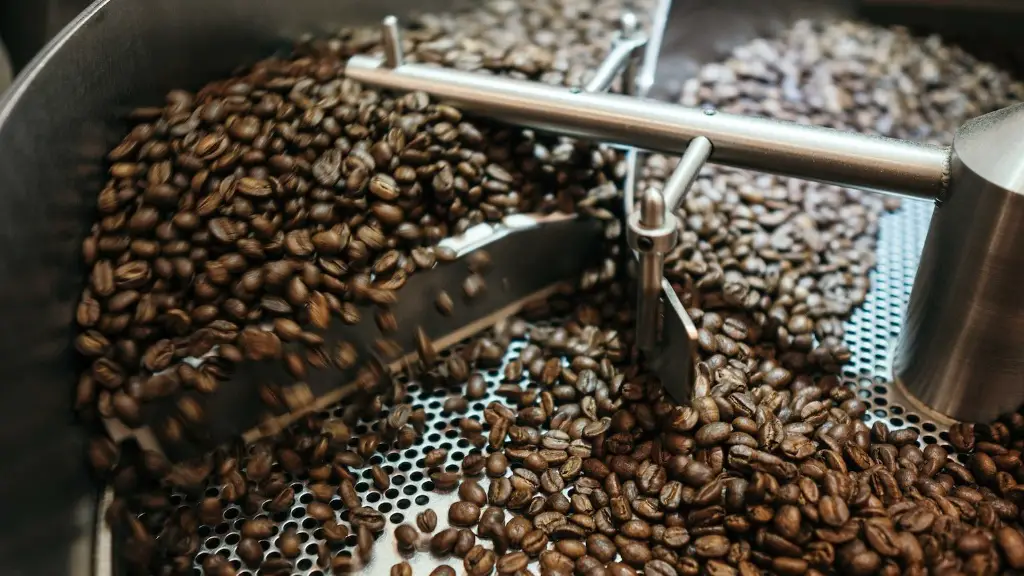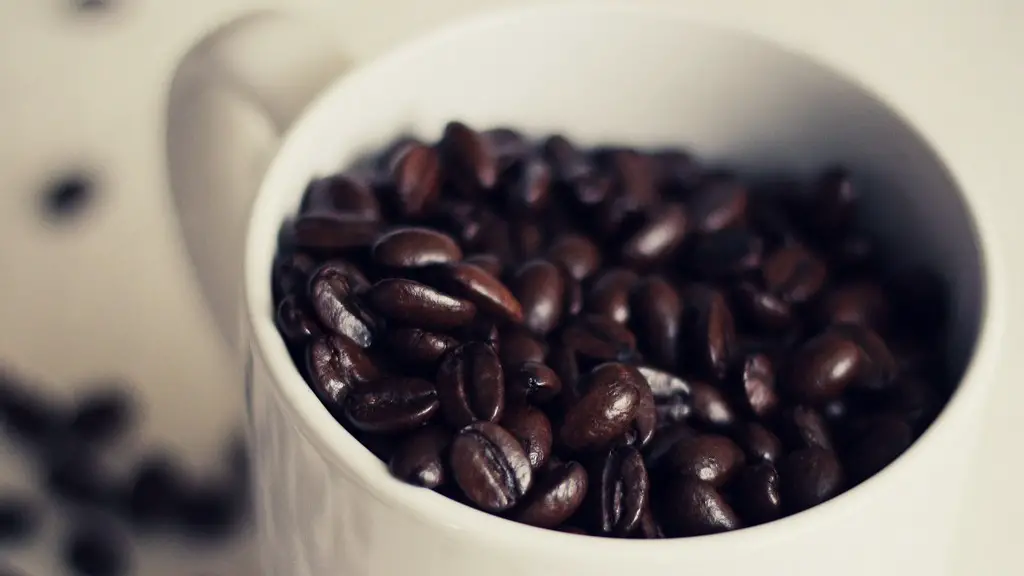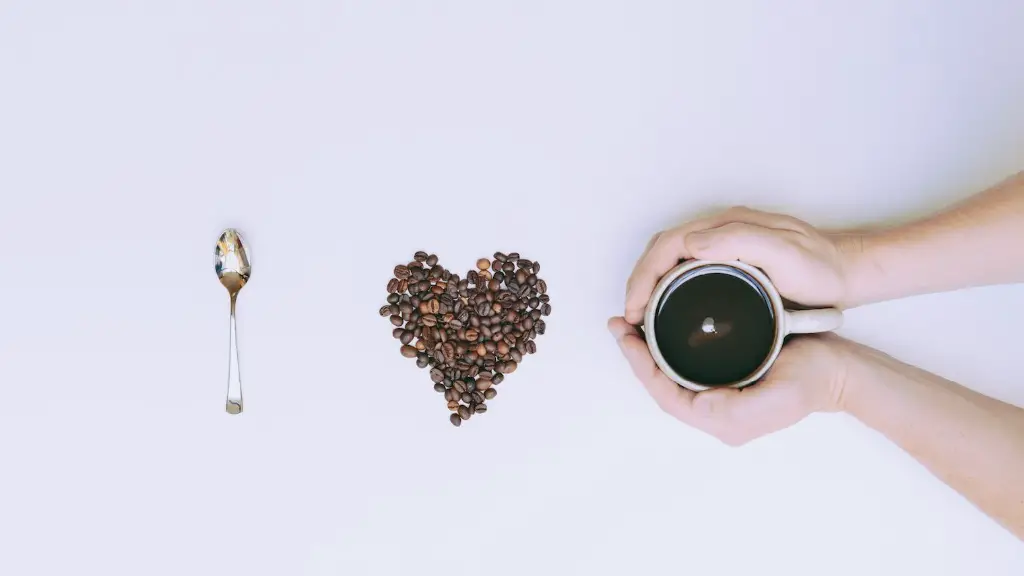It’s no secret that drinking coffee can have positive effects on people’s alertness, focus and mood. But with many of us dependent on the beverage, how much is too much? How many times should one drink coffee in a day to ensure you benefit from its effects and not have any adverse health effects?
The answer to this question depends heavily on an individual’s caffeine sensitivity. While a single cup of coffee may help one person feel more alert, another person may require multiple cups. Generally, most health experts agree that 400 milligrams of caffeine a day is a safe amount for adults. That would equate to about four or five 8-ounce cups of coffee per day.
Toxicologist Edward J. Calabrese states that “it is commonly accepted that the dose makes the poison, meaning that healthy amounts of a substance may not create ill effects but too much of the same substance may be dangerous.” Meaning, if you’re drinking coffee safely and responsibly, you can enjoy its many benefits, such as improved brain function, a boost to physical performance, improved concentration and more.
However, drinking too much coffee can lead to unpleasant side effects and potential risks. Health experts suggest that having more than five cups per day could lead to restlessness or anxiousness, increased heart rate, headaches, irritability or insomnia. Therefore, it’s important to be mindful of your body’s reaction to caffeine.
The overall consensus from health experts and medical professionals is to drink 2-5 cups of coffee per day, depending on an individual’s sensitivity to caffeine. But this is often easier said than done. Many of us rely on coffee and may be dependent on it to get us through the day. It’s important to be aware of your own feelings and to never rely on coffee as a substitute for rest, nutrition or exercise.
Coffee and the Environment
In recent years, the consumption of coffee has risen drastically, resulting in a huge ecological and environmental footprint. Coffee production is widely considered a major problem for local ecosystems, as it often produces a large amount of waste. Additionally, coffee production can produce excess amounts of noise and air pollution from large-scale farming operations.
Luckily, there are many coffee companies out there that are taking steps to reduce their environmental impact. Companies such as Blue Bottle Coffee, Caribou Coffee and Coffee Bean & Tea Leaf all use sustainable packaging, compostable cups and compostable coffee bags. Additionally, many of these companies are investing in renewable technologies to reduce their overall emissions.
As a consumer, there are small steps that can be taken to reduce coffee’s environmental footprint. These include purchasing coffee from sustainable sources, using reusable coffee mugs, and avoiding single-use ready-to-drink coffee beverages. Doing so will help reduce waste and support companies that are taking strides towards a more sustainable future.
Economic Impact of Coffee Drinking
According to the National Coffee Association, 64% of Americans drink coffee on a daily basis – that’s 155 million daily coffee drinkers in the US alone. This translates to an economic impact of over 222 billion USD per year. It’s no wonder then why the coffee industry is booming – with new products and innovations such as cold brew, nitro coffee, espresso and pod-based home brewers.
As the demand for coffee continues to rise, so does the competition. With so many different coffee companies vying for attention, each must constantly innovate to stay ahead of the competition. This has led to the development of mobile apps and subscription-based products which allow customers to order and spend more on coffee than ever before.
It’s not just big business that’s profiting from the coffee trend. Smaller, independent coffee shops are also taking advantage of the explosion in demand. According to the Specialty Coffee Association, the US specialty coffee industry is estimated to generate over 10 billion dollars a year – with more and more independent coffee shops popping up.
Coffee and Health Benefits
As previously mentioned, coffee can provide numerous physical and mental health benefits. Studies have shown that drinking coffee can boost energy levels, improve focus and alertness, reduce the risk of certain types of cancers, lower the risk for type 2 diabetes, and reduce depression and suicide risk. Coffee can even improve physical performance, with some studies showing a caffeine boost can improve running time by as much as 3%.
But it’s important to realize that like anything else, moderation is key. Too much caffeine may lead to dehydration, headaches, restlessness, and insomnia. It’s recommended to limit your caffeine intake to 400 mg per day – equivalent to four to five 8-ounce cups of coffee. If you find yourself needing more than that, try to switch to decaf coffee or switch to other sources of caffeine such as tea or energy drinks.
Additionally, it’s important to note that while coffee can have numerous benefits, it’s not a substitute for getting enough sleep. It’s important to recognize when you need rest and to make sure you’re getting at least 7-9 hours a night.
Alternatives to Coffee
If you find yourself needing a daily pick-me-up but don’t necessarily want to drink coffee, there are other options available. Matcha is one of the healthier alternatives to coffee, and is made from powdered green tea leaves. Matcha has less caffeine than coffee, but is packed with antioxidants and has been shown to improve mental clarity and boost energy.
Another great alternative is Yerba Mate. This tea contains caffeine, but is also rich in vitamins, minerals and antioxidants. Yerba Mate has been known to boost mood, focus and energy. Additionally, it can help to improve digestion, reduce the risk of certain diseases, and even help to promote weight loss.
For those who don’t want the caffeine boost but want to enjoy the flavor of coffee, there are also many decaffeinated options available. Decaf coffee has lower levels of caffeine and can be just as enjoyable as the full-caffeinated option. Decaf coffee is also great for those who are sensitive to caffeine or can’t have too much of it for health reasons.
Coffee and Nutrition
When consumed in moderate amounts, coffee can actually be quite beneficial for your overall nutrition. Coffee is rich in antioxidants which can help to reduce inflammation and protect against cell damage. Additionally, coffee is a good source of B vitamins, which can help keep you energized throughout the day.
However, when it comes to coffee, the way you prepare it can make a big difference. For instance, adding sugar and cream to your coffee can add a lot of extra sugar and calories, making it detrimental to your health. Additionally, pre-packaged flavored coffees or syrups can have high amounts of sugar and calories, and should be avoided.
Instead, try to opt for healthier alternatives such as skim or almond milk, or a natural sweetener such as honey or stevia. Additionally, adding a few drops of MCT or coconut oil can add a creamy texture and some added healthy fats to your cup of joe.
Coffee Cupping and Tasting
Coffee enthusiasts are well aware of the art of coffee cupping and tasting. Coffee cupping is a process by which coffee beans are sampled and judged, with the aim of identifying the unique flavors present in each bean.
This process is often used by coffee farmers and roasters as a way of assessing the quality of a particular bean. Professional cuppers use a variety of tools and techniques to identify the unique aromas and flavors in different beans. For example, cuppers may take advantage of the way that the tongue can discern different flavors; they may use their sense of smell to identify hints of fruits and spices, or they may measure the acidity of each bean to determine its quality.
Coffee cupping and tasting is a complex process and one that can take years to master. But for coffee lovers, it can be a fun and exciting way to learn about the various tastes and aromas in different types of coffee.





